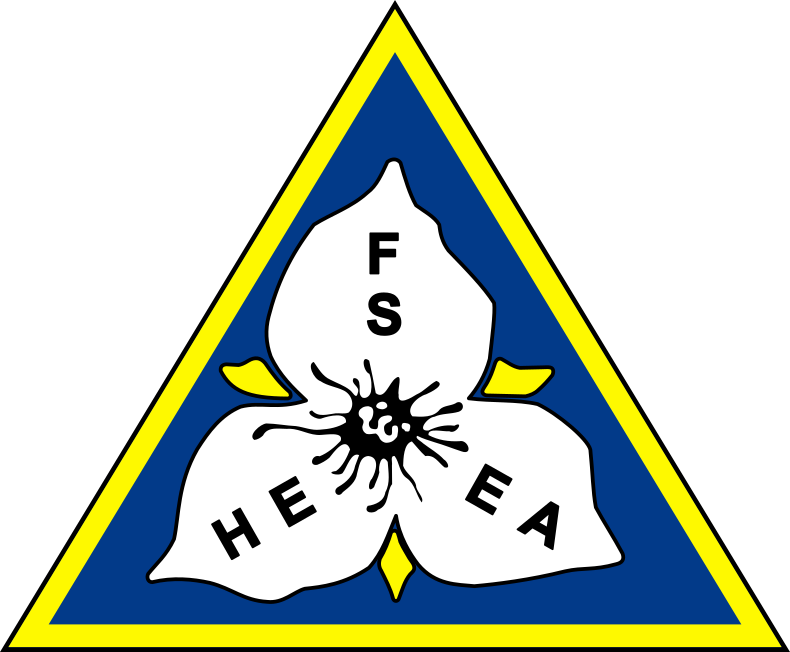Dear OFSHEEA Members:
Bill 216 titled the “Food Literacy for Students Act, 2020” (which consequently amends the Ontario Education Act), is being debated in the Ontario Legislature. It has completed 2nd reading and has been sent to committee for review on October 20th according to the Hansard Transcripts. If this bill passes after a 3rd reading it will become law and amend the Education Act.
OFSHEEA is pleased to see this bill brought forward for debate, as this demonstrates that the topic of teaching about food and nutrition in Ontario schools is a priority. Now food literacy is viewed as having great importance. According to debate in Hansard Transcripts, the medical community and food production/agricultural sector advocated for this change so this bill came forth. OFSHEEA, OHEA, Dieticians of Canada, OSSTF, OECTA and other associations have all also long advocated for this. However, the government has continued its pattern of failing to consult important stakeholders in the education community by leaving these organizations out of the discussion and consultations.
OFSHEEA agrees that this is a monumental first step and applauds the intent of this bill on teaching food literacy. However, OFSHEEA has questions and concerns. On record, we were never approached or consulted on this Bill. As such, we have the following questions:
- Will qualified family studies educators (FSE) be assigned to teach the food literacy units?
- Will FSE be hired to write the newly proposed curriculum?
- Have they or will they examine the past Elementary Family Studies pilot curriculum to avoid duplication?
- Did the Government consider making one of the existing six food and nutrition courses to be required for graduation so the students get a detailed and comprehensive foods under standing?
If this bill is about recognizing the importance of Food Literacy, it should ensure that students are taught by qualified educators teaching a detailed and comprehensive curriculum. Furthermore, avoiding duplication of this topic across subject areas ensures that taxpayer dollars are being spent effectively.
At present, OFSHEEA is closely monitoring the debate and passage of the Bill 216 “Food Literacy for Students Act”, corresponding with OHEA and other like-minded organizations on further steps, making an effort to seek answers for the questions above, contacting Marit Stiles, NDP Education Critic, and writing letters to our MMPs.
We cannot do this on our own. We ask you to help by writing your local MPP. Essential points to consider are:
- The Ministry of Education should write a formal directive to school boards stating that qualified FSE teach the Food Literacy components.
- FSE and professional home economists should be involved in every step of the curriculum writing, including the development and release of the food literacy curriculum at both the elementary and secondary levels.
- The content of the six food courses already in the Ontario Social Science & Humanities Curriculum should be thoroughly examined, looking for duplication and recognizing that these courses are taught in public high schools across Ontario.
- That the Ministry of Education re-establishes communications and consultations with the Provincial Subject Associations.
Please see the accompanying resources on letter writing to assist you in the process on the website:
Bill 216:
Bill 216 Letter Writing Guide:
In solidarity and appreciation of your dedication to Family Studies,
Camille Naranjit, BEd, OCT, PHEc. (OFSHEEA President) and OFSHEEA Board of Directors

